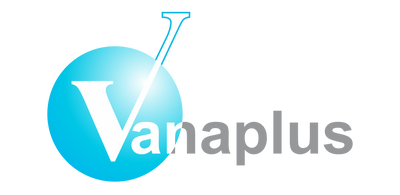Huawei said that it would open up its operating system, Harmony OS 2.0, to third-party hardware manufacturers, including rivals, on Thursday. This is part of an effort to bolster its number of users and potentially take market share from Apple's iOS and Google's Android operating systems.
According to Huawei, Harmony OS 2.0 would be available to third party hardware manufacturers and even rivals before the month ends. This is an effort to improve its user acceptability and potentially share the market with the other Major Operating Systems- iOS and Android.
This was made public at Huawei’s annual developer Conference in Dongguan by the President of the Consumer Business Group’s Software department; Wang Chenglu.
The beta version of Harmony OS 2.0 would not only be available to mobile phone manufacturers but also across several device categories including smart watches and even Television Sets. There is therefore a plan to roll out the Harmony OS on phones come December.
It is obvious that Huawei is actually looking at the possibility of wider acceptance of the Harmony OS and the attract more app developers to boost its acceptability. The only reason to be skeptical is the fact that Huawei is seen more as a competitor than a solution provider. Therefore, most Chinese players could prefer to make it a back up option should they face similar constraints in the global market and if the OS gets popular in China; which could actually happen.
Users should therefore expect Harmony OS 2.0 to run on Huawei phones starting from next year as stated during the Conference. This would be a major turn for one of the world’s largest Smartphone maker prompted to look in the direction as a result of US Sanctions.
Let’s not forget that Harmony was first introduced in 2019 at the wake of Huawei’s introduction to the US entity list that prevented American companies from doing business with the Chinese phone-maker. This ban left Huawei phones without the full power of Google Mobile Service and even popular Google’s proprietary apps including Gmail, Google Play Store and Google Maps.
It is quite important to mention that though Huawei said 96,000 apps are integrated with Huawei Mobile Services which is a significant increase compared to 60,000 recorded in May and 1.8 million developers on board, still all these represents a small fraction compared to the number of app developers on either iOS or Android which have dominated the mobile operating system market over the years.
The way I see this, If Huawei succeeds, we should expect to see more OS to being launched as this could be seen as a much-needed eye-opener for other manufacturers and users would then be faced with Synchronization issues. What do you think?
Drop a comment
Author

Alabi Olusayo
A calm, calculative, and easy-going individual with the ability to perform excellently in any position of intellect. A web designer/ developer, Digital Marketer, Brand Manager, Content developer, and Affiliate Manager. He is more of a listener than a talker with the passion for and to do things of God.
I find myself contented with Godly and goodly blessings with relentless efforts towards fulfilling purpose.

